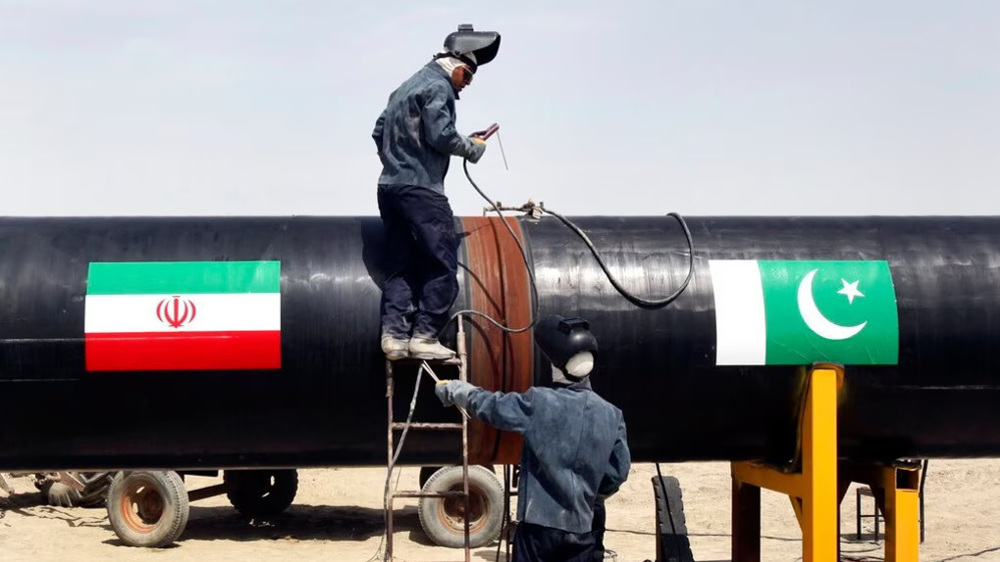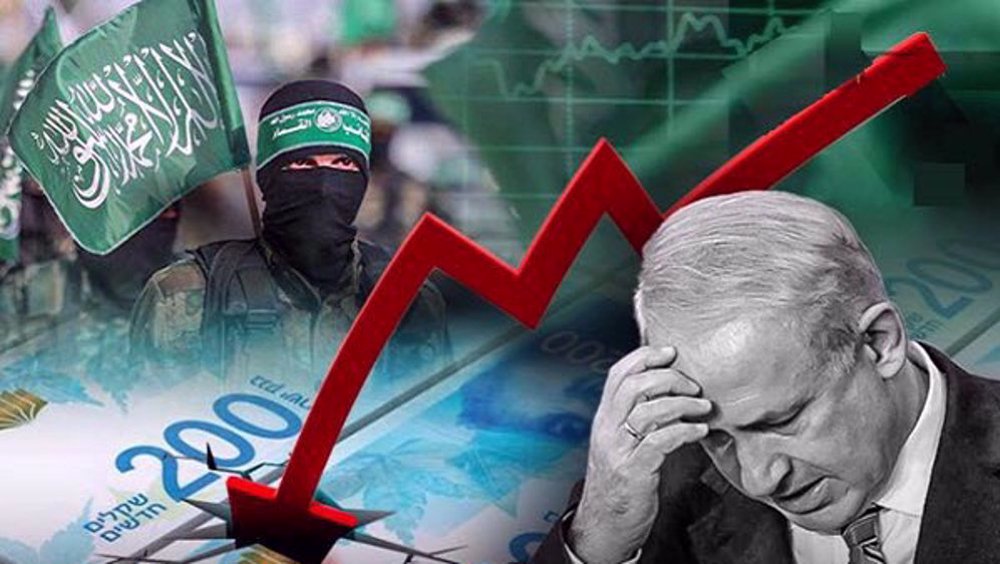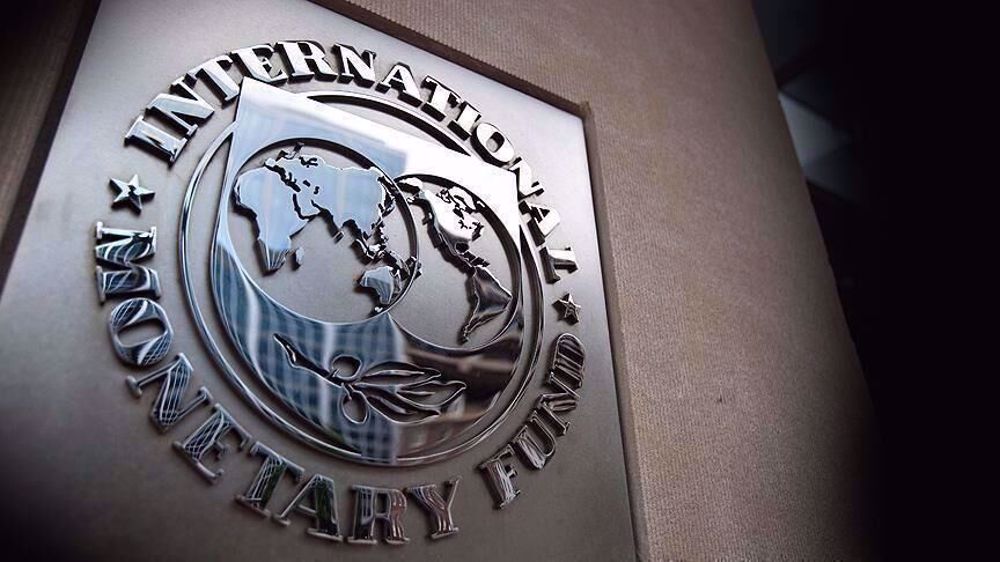IMF set to put yuan in reserve currency basket
The International Monetary Fund (IMF) is expected to include China’s yuan in the elite basket of reserve currencies on Monday.
If approved, the yuan also known as the renminbi, will be added to the special draw rights (SDR) basket of world currencies alongside the US dollar, euro, British pound and Japanese yen.
The decision will give a major boost to China’s status as a global economic powerhouse which is seriously challenging US domination.
The IMF executive board will meet to decide whether to accept recommendations by its staff experts to add the yuan to the basket. Earlier this month, IMF chief Christine Lagarde said the International Monetary Fund thought the yuan met the requirements to be a “freely usable currency”.
If accepted, the actual inclusion could take place as late as September 30 to allow users more time to prepare.
On Saturday, Russia said it may issue 6 billion Chinese yuan ($938 million) worth of treasury bonds in 2016.
The announcement by Russian Deputy Finance Minister Maxim Oreshkin came after TASS news agency reported that Russia's central bank had decided to include the yuan in its foreign exchange reserves.
The Chinese currency started trading on the Moscow Exchange in 2010. Since then, the volume of trades has grown significantly.
According to the RT website, Russian traders bought a record 18 billion yuan (about $2.8 billion) only in August, a rise of 400% against the same period in 2014.
The US is wary of China’s growing financial clout and the serious challenge which the dollar faces as some of the emerging economies are switching to their local currencies in trade.
IMF’s approval is set to anger lawmakers in the US Congress and presidential candidates amid fierce maneuvering for the 2016 presidential election.
US lawmakers have repeatedly refused to ratify a 2010 IMF reform to give greater weight to the BRICS group of emerging market powers, namely Brazil, Russia, India, China and South Africa.
Voters begin casting ballots in weeks-long election in India
Venezuela slams US over reimposition of 'criminal' oil sanctions
April 18: ‘Axis of Resistance’ operations against Israeli occupation
Blinken ignoring staff recommendation to cut US aid to Israel: Report
Report: Israeli warplanes bomb positions in southwestern Syria, Iraq
US forces smuggle stolen Syrian oil into bases in Iraq: Report
VIDEO | Press TV's news headline
Situation normal after air defenses fire at 'suspicious objects' in Iran










 This makes it easy to access the Press TV website
This makes it easy to access the Press TV website